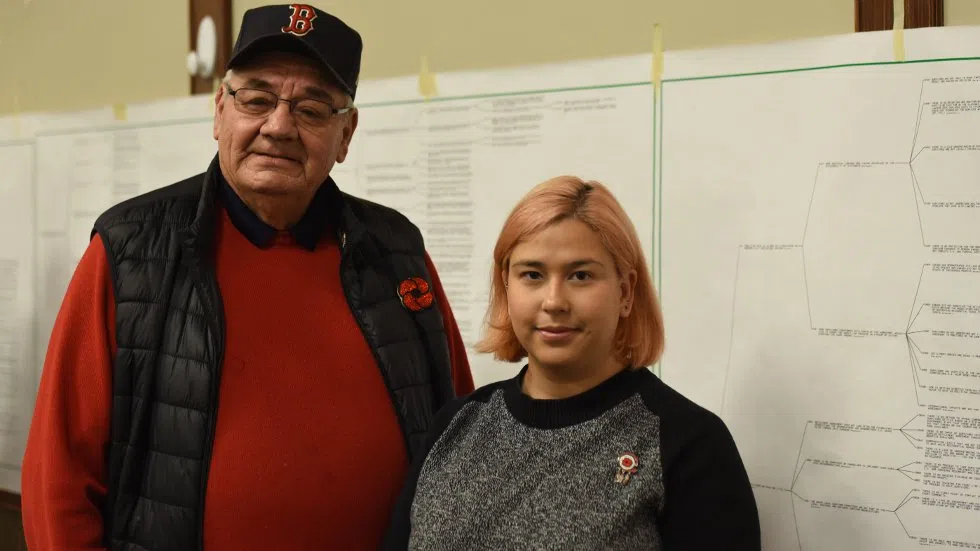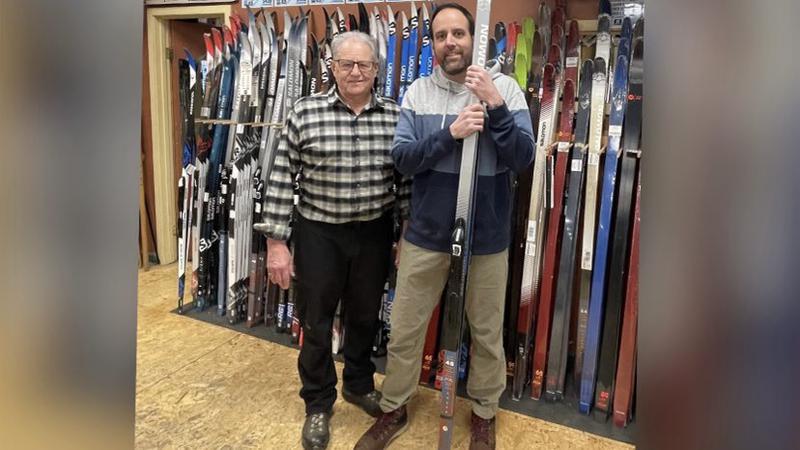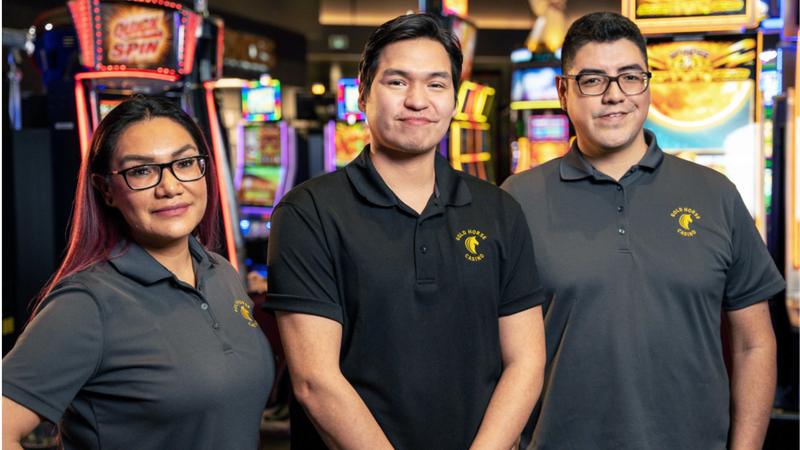
Reconciliation for Canada’s troubled history
Survivors are being encouraged to share their stories and opinions at meetings being held by the National Centre for Truth and Reconciliation regarding the Indian Residential School Settlement Agreement (IRSSA).
Meetings involving seven communities across the country began in October and will continue through until December, with the goal of gathering information regarding the IRSSA to inform the development of future settlement agreements and inform ongoing work on reconciliation in Canada. Prince Albert was host to the meeting Nov. 6.
The Information collected during the meetings will be compiled into a report scheduled to be released in March 2019 according to Kaila Johnston, acting manager for education and outreach with the NCTR.
“The hope with doing our seven community engagements … is to get a small sample of experiences from survivors,” Johnston said.


